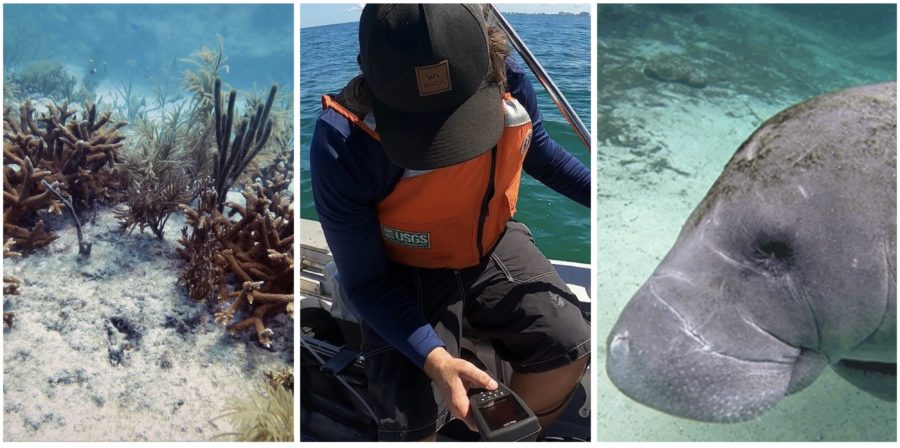Preparing for Next Generation Careers in Ecological Sciences
Research Coordination Network Incubator – Undergraduate Biology Education
The Next Generation Careers initiative aims to forge connections between academic faculty and administrators, the private sector, government, non-governmental organizations and professional societies interested in environmental biology. This initiative was started as an incubator project funded by the National Science Foundation in the Undergraduate Biology Education track of the Research Coordination Network program (RCN-UBE) in 2015; Award # DBI-1539911. Its goal was to seed a network to support workforce development for college graduate career progression into environmental biology, including fields such as ecology, evolution, conservation, plant biology and natural resource management.

September 15, 2016 ESA Press Release:
» ESA Receives NSF Award To Seed New Network For Next Generation Careers
PAST ACTIVITIES
Environmental Biology Careers for the Next Generation Reception and Presentation
Monday August 7, 2017 at ESA Annual Meeting
Oregon Convention Center, Portland, OR
2016 Incubator Workshop
Learn about the 2016 workshop to generate recommendations and planning towards a new network of academic, business, agency, nonprofit and professional society professionals interested in environmental biology career preparation.
Guiding Questions
The incubator project sought to investigate:
- What do faculty and instructors need to know concerning careers in an evolving environmental biology field beyond academia?
- What are the emerging faculty development needs at 4-year institutions as well as 2-year colleges that can empower faculty to effectively inspire, motivate and mentor new students into organismal and field science career pathways with an innovative mindset?
- How do these changes align with the core concepts and competencies indicated in Vision and Change in Undergraduate Biology (AAAS 2009)?
- What avenues are most appropriate and / or desirable for professional societies to promote training and career development opportunities for members and students?
- What forms of exchange or synergies should be developed across the broad range of sectors among employers, higher education and professional societies to advance the NGC agenda
To inform participants, the incubator project:
- Conducted scan of job ads for entry level positions in related jobs to analyze the most commonly sought skills for graduates with an Associate’s or Bachelor’s degree.
- Surveyed the chairs of Biology departments, undergraduate career development officers, biology faculty and faculty at the nexus of Mathematics and Biology.
- Organized eight focus group sessions at collaborating disciplinary society and professional association meetings.